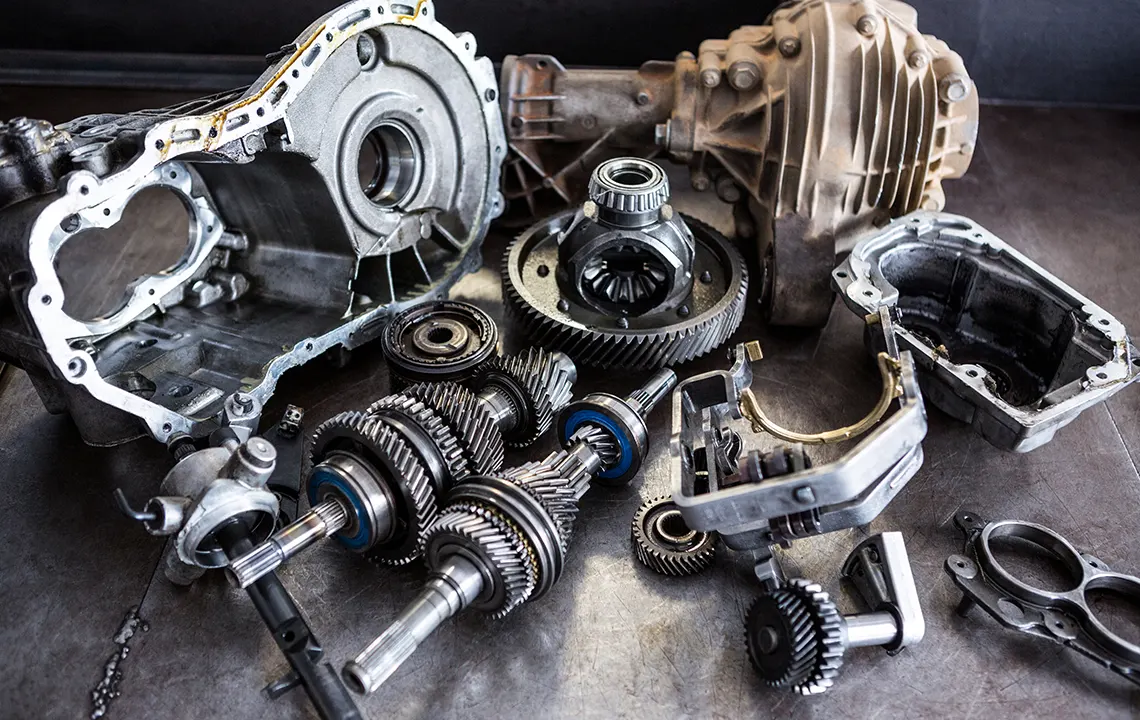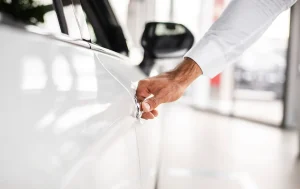As drivers, we often overlook the intricacies of our vehicles, despite the fact that they are complex machines composed of numerous interdependent parts. Each component plays a crucial role in ensuring the vehicle operates smoothly and safely. Let’s delve into the most vital car parts that keep your vehicle in top condition.
The Essential Car Parts You Need to Know
The Heart of Your Car: The Engine
The engine is undeniably the most critical part of any vehicle. It’s the powerhouse that drives the car forward. Engines vary in type and complexity, but they all function on the basic principle of internal combustion. Fuel is ignited within the engine, creating energy that propels the vehicle. Without a well-functioning engine, your car simply wouldn’t move.
Power Transfer: The Transmission
The transmission is responsible for transferring power from the engine to the wheels. It plays a vital role in controlling the amount of power delivered to the wheels, ensuring smooth acceleration and deceleration. Too much power can cause wheel spin, while too little can prevent the car from moving. The transmission ensures the right balance, making it an essential component for your vehicle’s operation.
Mobility Essentials: Wheels & Tires
Wheels and tires are fundamental to a vehicle’s movement. The wheels receive power from the transmission via the axle, allowing the car to move. Tires, made of rubber, protect the wheels and provide the necessary grip on the road, ensuring safe and efficient travel. Together, wheels and tires are critical for your vehicle’s mobility and safety.
Electrical Backbone: Electrical Components and Systems
The electrical system powers all the electronic components of your car, from lights to the entertainment system. It includes the battery, alternator, wiring harnesses, and switches. Without these elements, none of your car’s electronic features would function.
Electricity Generator: The Alternator
The alternator generates the electricity needed to power your car’s electrical systems when the engine is running. It converts mechanical energy from the engine into electrical energy, ensuring that all electrical components, from headlights to the radio, work seamlessly. A faulty alternator can lead to electrical failures, making it a crucial part of your car’s electrical system.
Lifeline: The Charging System
The charging system, comprising the alternator, voltage regulator, and starter motor, keeps the car’s battery charged. This system ensures that your battery remains functional, allowing you to restart your car after it has been turned off. Without a reliable charging system, your car’s battery would quickly drain, leading to startup issues.
Fuel Supply: The Fuel System
The fuel system supplies the necessary fuel to the engine. It includes the fuel tank, fuel pump, and injectors. These components work together to deliver fuel efficiently and accurately to the engine, ensuring optimal performance. Any malfunction in the fuel system can significantly affect your car’s operation.
Ignition: The Ignition System
The ignition system ignites the fuel-air mixture in the engine’s cylinders, initiating the combustion process. Key components include the spark plugs and the distributor cap. Spark plugs generate the necessary spark to ignite the fuel, while the distributor cap directs the electricity to the appropriate cylinder. Without a functional ignition system, the engine would not start.
Read More : Where to Sell Car Parts for Cash in Australia
Clean Emissions: The Exhaust System
The exhaust system expels the burnt gases from the engine, ensuring they do not remain and cause damage. It includes pipes and the muffler, which reduces the noise produced by the escaping gases. A well-maintained exhaust system is crucial for your car’s performance and environmental compliance.
Safety Mechanism: The Braking System
The braking system allows your car to slow down and stop safely. It includes the brake pads, master cylinder, brake lines, and rotors. All these components must be in excellent condition to ensure effective braking. A reliable braking system is essential for the safety of both the driver and passengers.
Comfort and Control: The Suspension System
The suspension system absorbs shocks from uneven road surfaces, providing a smooth and comfortable ride. It consists of springs, shock absorbers, and control arms. A well-maintained suspension system ensures your vehicle handles well and offers a comfortable driving experience.
Temperature Regulation: The Cooling System
The cooling system prevents the engine from overheating by regulating its temperature. Key components include the radiator, hoses, and water pump. Maintaining a functional cooling system is vital to avoid engine damage caused by excessive heat, which could lead to costly repairs or even complete engine failure.
Read More : Understanding the Anatomy of Your Vehicle
Conclusion
Understanding the essential components of your vehicle can help you maintain it better and ensure its longevity. Regular check-ups and maintenance by a qualified mechanic are crucial to keep these systems running smoothly. By taking care of these vital parts, you can enjoy a safer and more reliable driving experience for years to come.




